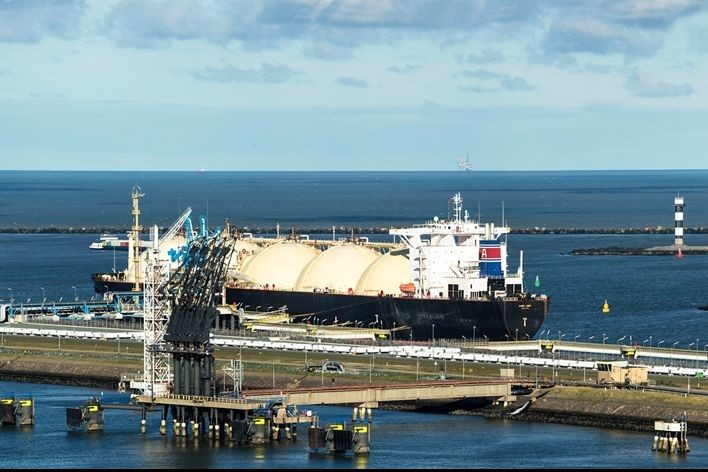- Client: EC - DG Energy
- Implementation period: July, 2019 - December, 2019 (Ongoing)
- Geographic coverage: European Union
- Theme: Energy
- Topic: Energy Markets, Energy Policy
- Experts: Luc van Nuffel, Jessica Yearwood Travezán, Natalie Janzow
Can an efficient LNG market ensure security and diversity of energy supply throughout Europe?
LNG imports enhance the diversity of supply and competition in the EU gas market. LNG import and regasification infrastructure is largely available throughout Europe, but its current utilization level is low. The EU strategy on LNG and gas storage (adopted in 2016) aims to improve all member states’ access to LNG as an alternative supply source by:
-
Building the necessary infrastructure to complete the creation of an internal energy market;
-
Identifying necessary projects to end the dependency of certain Member States on one gas source;
-
Harmonising internal gas market rules, procedures and tariff structures.
Several issues are viewed as potential barriers to fair competition and accessibility in the EU’s LNG market. Third-party access to most LNG terminals in Europe is regulated, but six exempted terminals in the UK, France, Italy and the Netherlands can negotiate contracts directly with customers. Terminal ownership is subject to unbundling obligations under the Third Gas Directive, but vertical integration of terminal operators and users varies per member state. Specific destination clauses in LNG supply contracts have in certain cases hindered EU access to LNG and trade within the EU. And though transparency has improved among terminal operators, further effort is required to facilitate access to LNG terminals and LNG trade especially in member states dependent on a single gas provider.
The project (results to be published in conjunction with DG Energy early 2020) focuses on the regulatory measures needed to strengthen the intra-European LNG market. It analyses regulatory enablers and failures as well as market barriers and failure that affect LNG’s access to and use within the EU gas market. The study will aim to identify and analyse legislative measures intended to address barriers and mitigate market failures in order to facilitate EU-wide access to LNG. The potential effectiveness of each proposed measure will be modeled.
The project is conducted by Trinomics in collaboration with REKK and Enquidity. The project will run from July 2019 and will finish by December 2019.

The key objectives of the project are:
- To provide an in-depth overview on the commercial and regulatory structures governing active and planned LNG terminals throughout Europe
- To identify and rank the barriers and market failures hindering LNG competitiveness
- To propose potential regulatory measures that would address these barriers and mitigate failures, thereby enhancing accessibility and efficiency in the EU LNG market
- To model the impact (in terms of effectiveness and proportionality) of each proposed regulatory measure